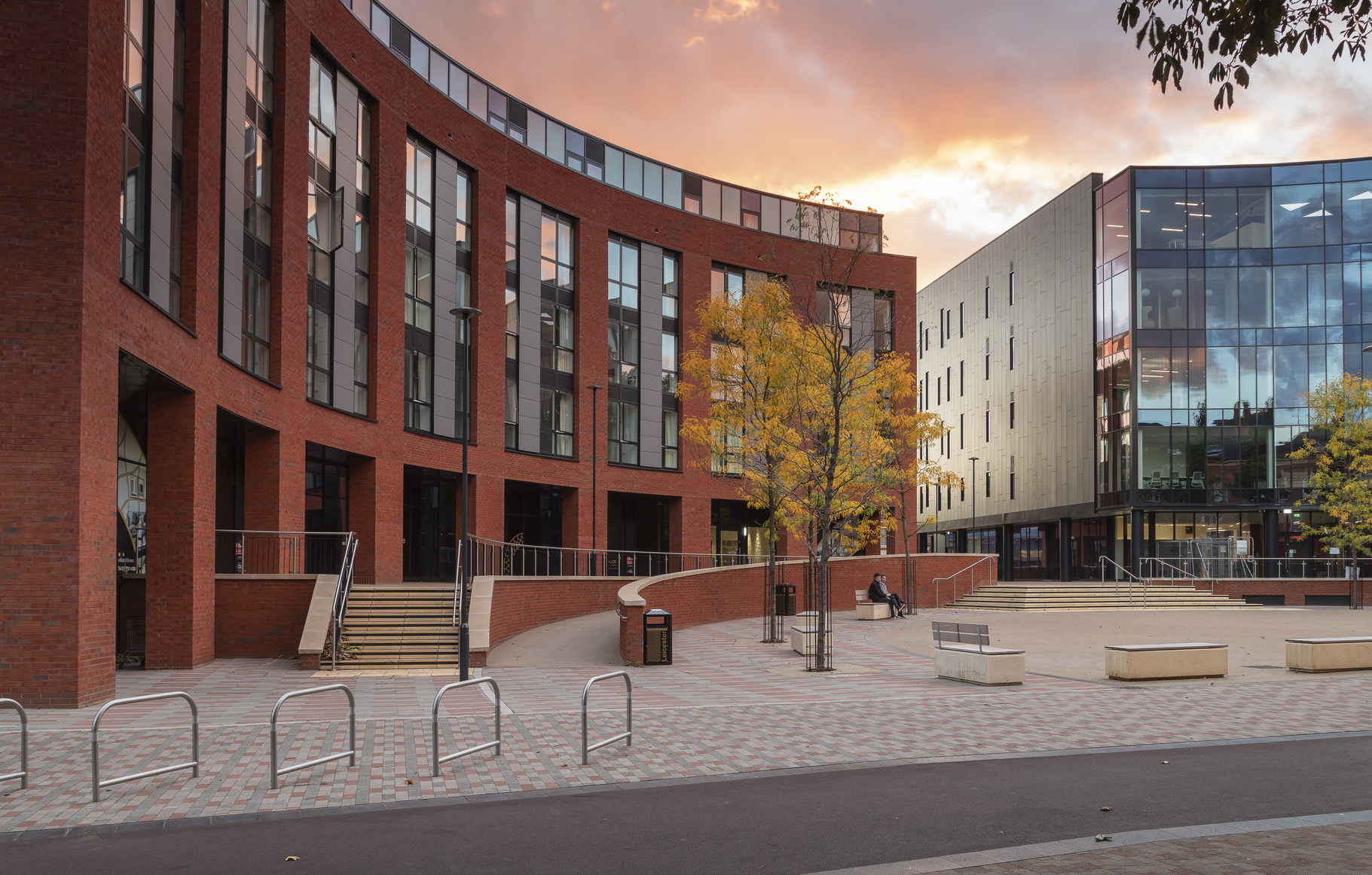Days
Hours
Minutes
Seconds
May 1 2026 - Renters' Right Act Commencement Day
You have 0 days to:
Serve any final Section 21 notices
Stop accepting above-asking rent offers
Prepare for the rental bidding ban
Remove “No DSS” from adverts
Remove “No Children” from listings
Show one clear rent price
Stop using fixed-term agreements
Switch to periodic tenancy templates
Check which tenancies go periodic
Stop taking rent before signing
Take no more than one month’s rent
Move all evictions to Section 8
Train staff on new notice rules
Create Section 13 process flow
Add two months to rent reviews
File court claims for Section 21s
Update landlord move-in grounds
Update landlord selling grounds
Send the RRA Information Sheet
Create written terms where missing
Update How to Rent processes
Review tenant screening questions
Update pet request processes
Stop backdating rent increases
Discuss rent protection backbooks
Act now before it is too late...
What Liz Truss as Prime Minister means for renters' reform
Liz Truss is the new Prime Minister of the UK from 6 September 2022. Here's what that means for the lettings industry and renters' reform.
The Goodlord team
Sep 5, 2022
Liz Truss has been confirmed as UK Prime Minister, a post that she took up from 6 September 2022. In the midst of the cost of living crisis, the pressure will be on to see what support she'll allocate to help particularly vulnerable individuals cope as costs increase. Plus, with the current property market rapidly pushing up rents - a trend which is only likely to continue as interest rates rise, pushing up mortgage repayments - the prioritisation of the English Renters' Reform Bill will also be key.
The government's agenda
Since announcing the Renters' Reform Bill white paper, A Fairer Private Rented Sector, the government issued a call for evidence on the contents of the document - now closed - as well as launched a consultation in the Decent Homes Standard and how it can be applied to the private rented sector in England.
Added to this, a representative from the Department of Levelling Up, Housing and Communities - Hugh Greenwood - has recently confirmed that the bill will be "put into legislation as soon as possible."
This suggests that the bill is still high on the government's agenda and that Sean Hooker's prediction that the bill could be pushed through quickly, so that the new prime minister has something to show for their time in office, may prove accurate.
The government is also considering rent controls for social housing - having launched a consultation into the possibility of applying either 3%, 5% or 7% caps on rents - which the accompanying press release says could help save tenants £300 on average per year - yet rent controls were ruled out for the private rented sector in the white paper.
What Truss may prioritise
Liz Truss has had few comments to share on the rental reforms directly, although she has stated that she's still committed to the levelling up agenda.
Truss previously announced plans to help enable tenants to register the rent they pay more easily through credit reference agencies, using open banking technology. This would boost those tenants' credit scores so first time buyers can climb the property ladder more easily.
It would also help agents and landlords reference their tenants more quickly too. However, this is not a new idea and, when it was previously proposed back in 2019, it stalled at the first reading.
Previously, Truss voted against the tenant fees act - so will the theme of tenant rights be top of her agenda? The industry will have to wait to see how she will prioritise the industry and the bills already in motion.
Changes in the Department of Levelling Up, Housing and Communities
In her first day as Prime Minister, Truss also appointed Simon Clarke as Secretary of State for Levelling Up, Housing and Communities.
Clarke says: "This is a Department that I know really well, and which I am so looking forward to returning to – the commitment and expertise of officials there on themes as diverse as homelessness, building safety and devolution is second to none.”
Timothy Douglas, head of policy and campaigns for Propertymark, says that "policies that help to close the gap between supply and demand in the sales and rental markets" should be “high on Simon Clarke’s to-do list."
He says that it's therefore "encouraging" that Clarke has also shared that "delivering on Levelling Up for communities in all parts of our country" and "unlocking the homes we need" will be key parts of his mission.
On the other end of the scale, Eddie Hughes - a key player behind the rental reform proposals - has stepped down from his role in the Department of Levelling Up, to spend more time working for his constituents in Walsall North.
Cost of living support
More directly on the cost of living crisis, Truss has already shared that she will prioritise tax cuts - such as cutting VAT by 5% - to help businesses and individuals with soaring prices - although this approach has been criticised for its disproportionate focus on high income earners, rather than helping those on benefits or pensions.
Truss is also expected to announce a freeze on energy prices, to effectively keep prices at the level of the current price cap of £1,971, when factoring in the additional £400 grant that all households will receive and the additional funding for vulnerable and low income households.
Elsewhere, RIBA president Simon Allford has called on the government to “refocus and prioritise” improvements to the energy efficiency of buildings, while people and businesses struggle with rising energy costs.
Want the latest lettings new delivered straight to your inbox every week? Sign up to our mailing list and stay up to date.






